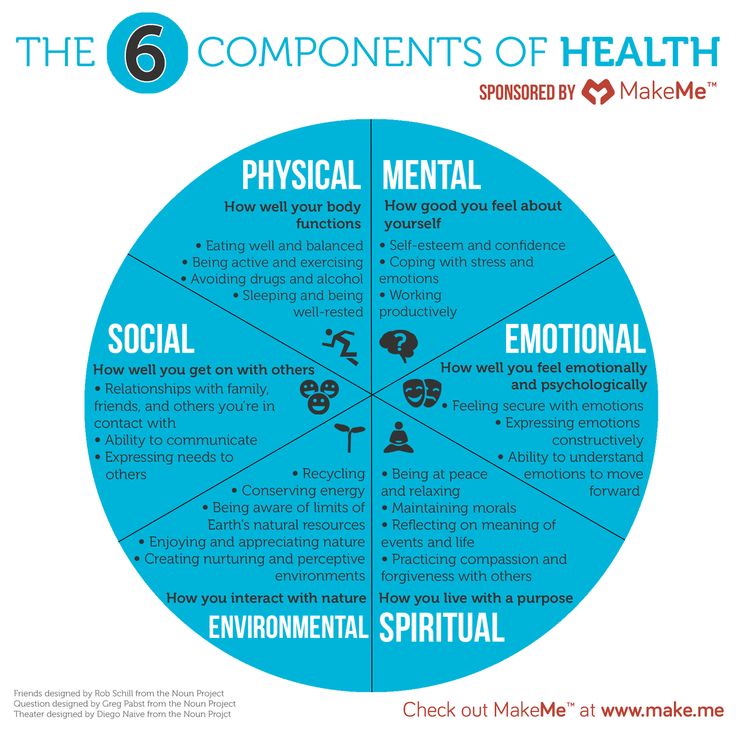
Financial advisors are licensed professionals in the financial services sector. The certification exam is criterion-referenced. It is scored against an objective standard. The Financial Advisor Certification Exam will not give you a detailed report about your score, as many other certification exams do. You will instead receive a message saying whether you passed or fail the exam. The exam was first developed after World War II, when the Investment Advisers Act of 1940 established a fiduciary standard in the financial services industry.
CFP
CFP financial advisor certification can be the most important certification you receive as a financial adviser. It is a professional designation granted by the Certified Financial Planner Board of Standards, the United States. This credential is a great one to have. It allows you to provide the best financial planning advice for your clients.
CFPs must have at least three years' experience in financial advice, with two years in an apprenticeship. In addition, you must meet CFP standards for professional conduct. You must disclose any criminal or civil activities that may prevent you from serving clients and have to undergo extensive background checks by the CFP Board to ensure you are not a threat to the public.

CFP exams are 170 multiple-choice questions that test your financial planning knowledge. This exam is not easy, and it requires thorough preparation to pass. It covers topics such estate planning, risk management and investments. It also assesses your ability to establish client relationships and implement plans.
Financial consultant chartered
The Chartered financial adviser (ChFC), certification is a valuable credential that financial advisors can use. This certification requires the holders to demonstrate an advanced level of professional skill and a commitment to the highest standards of practice. To receive the designation, they must possess at least three years of professional experience and have completed a prescribed program of study. Additionally, they must meet certain ethics and practice requirements and participate in a financial planning program. A ChFC can analyze the financial situation of a client, identify any areas of concern and create a financial plan to meet their needs.
ChFC certification comes with many benefits. Many financial professionals benefit from this credential. These include stockbrokers, agents, accountants, tax and accounting specialists, and estate planners. This designation can greatly improve a financial advisor’s credibility.
CIPM
A CIPM Financial Advisor Certificate is a great way of ensuring that your clients get the best financial advice. While an investor may have a wide range of concerns, a professional with a CIPM designation is well-equipped to guide clients through the complexities of their portfolios. A CIPM Financial Advisor can help investors determine the risks, returns, and make the right decisions.

The CIPM designation is a well-respected professional designation in finance. It is closely linked to the Global Investment Performance Standards. It requires passing two 180-minute tests and two years of relevant experience. There is no degree requirement to become a CIPM certified.
A CIPM financial advisor certificate can improve the level of service provided to clients and make the professional life of a financial advisor safer. It is a professional credential that demonstrates integrity and professionalism from experienced professionals. The certification also provides a strong foundation for a career in the insurance industry.
FAQ
Can a coach help with anxiety issues?
There are many kinds of anxiety disorders. It is important to recognize this. Each person reacts differently to the exact same stimuli. It is important to identify the type of anxiety that you are trying to help.
This will enable you to create a treatment plan that addresses the specific problem.
Life coaching can help people take control and manage their lives. This is why it is so useful for those who struggle with stress, anxiety, and other relationship issues.
It is important to determine if a coach specializes or not in helping people deal with life's challenges.
Check to see if the coach offers group counseling or workshop services.
This will allow you and your partner to meet regularly to discuss your progress.
You should also inquire about the coach's credentials and training.
What are the responsibilities for a life coach?
A life coach assists people in achieving their goals through education and support on topics such as nutrition, health, fitness, work/life balances, relationships, career advancement, and more.
A life coach can help clients set goals and develop positive attitudes to self-improvement.
The most important thing a life coach does is provide support and encouragement. While they might not have all of the answers, they do know how to ask the right questions and guide you toward finding them.
They will help you make the right decisions and move towards your goals.
What are some of the benefits of working with a life coach
A life coach will help you achieve your goals, overcome any obstacles, make positive changes, and be happier.
A life coach also helps individuals to develop self-awareness, build confidence, improve relationships and increase motivation and productivity.
A life coach is a person who helps you succeed.
Are life coaches worthwhile?
The simple answer is yes. You can't find an easy solution to any problem if you want to. Coaching might be for you if it is your goal to make an impact on people's lives that lasts.
Coaching is about helping people change. It can be hard work, but it is rewarding when it pays off.
You will learn how you can be a better person while helping others.
You'll feel empowered and strong. Your results will last forever.
These questions will help you decide if life coach is right for your needs.
-
Do I feel confident enough in myself to make improvements in my life and know what it takes?
-
Will I put in the effort to succeed?
-
Do you believe that I can make huge changes in your life. Can I dream big dreams?
-
Do I have the desire to improve my life?
-
What time do you have to coach?
-
What type of support do you need?
-
Are there any hidden costs involved in becoming a client of a life coach?
What does a coach do for life?
A life coach helps you live a happier, healthier, and more fulfilled life by focusing on what matters most to you. They help you identify your goals and develop strategies for achieving them. They also provide guidance and support when you are struggling.
They're available to you at all times, helping with wedding planning or career advice during job interviews.
Life coaches don't just tell what to do. They also give tools that will help you make better decisions, and improve your relationships.
How many clients does a life coach need?
For you to be a good coach, it is important that you develop yourself. To be a coach, you must learn as much as you can and become an expert about yourself. This way, you are always ready to help others.
You want to create a solid foundation for your business. To do this, you must first understand what makes you tick and how you operate best.
Knowing what motivates you will enable you to motivate your clients and team members.
You want to have at least 5-10 clients, but if you're doing well, you may have 100+ clients.
Statistics
- According to relationship researcher John Gottman, happy couples have a ratio of 5 positive interactions or feelings for every 1 negative interaction or feeling. (amherst.edu)
- People with healthy relationships have better health outcomes, are more likely to engage in healthy behaviors, and have a decreased mortality risk.1 (verywellmind.com)
- These enhanced coping skills, in turn, predicted increased positive emotions over time (Fredrickson & Joiner 2002). (leaders.com)
- Life coaches rank in the 95th percentile of careers for satisfaction scores. (careerexplorer.com)
- According to a study from 2017, one of the main reasons for long-term couples splitting up was that one of the partners was no longer showing enough affection and attention to the other. (medicalnewstoday.com)
External Links
How To
How is life coaching different from therapy?
Therapy is designed for people who are stuck or need help moving forward. Life Coaching will help you move past where you are and to what you want for the future.
Life coaching is founded on the belief, that every person has unlimited potential. That our greatest assets are not the skills that we have but how well those skills are used. Our belief is that clients can become happier, healthier and wealthier by learning these skills.
We believe there's a significant difference between coaching and therapy. Coaching focuses more on strengths and coaching on problems.
Therapists can often be focused on symptoms such anxiety, depression, anger, etc. while coaches are more concerned with strengths such as resilience and optimism, confidence, self awareness, self-awareness, and so on. Both are focused on change.
While therapists have the ability to correct problems, coaches are equipped to help build your strengths. If someone is feeling down, they may feel that they can get help by talking to someone else. But, this is false.
Coaching is a way to get clients' answers. Ask, for example, "What are you passionate about?" Or "Who would you be if you didn't have any limitations?"
They don’t try to tell customers what to do. They work with clients to help them find what makes the most of their lives. They see the whole person. This includes their mind, body, spirit, emotions and relationships. Instead of focusing only on the problem.
In addition to being more effective than traditional therapies, life coaching has another advantage: it's cheaper.
The average therapy session lasts several weeks, sometimes for years. A good therapist charges between $50-$100 per session. You could spend thousands on therapy if you only need one session per calendar month.
Life coaching is a fraction more expensive than regular consulting. A coach meets with you every two weeks. A lot of people can afford life coaching, as it is much less costly.